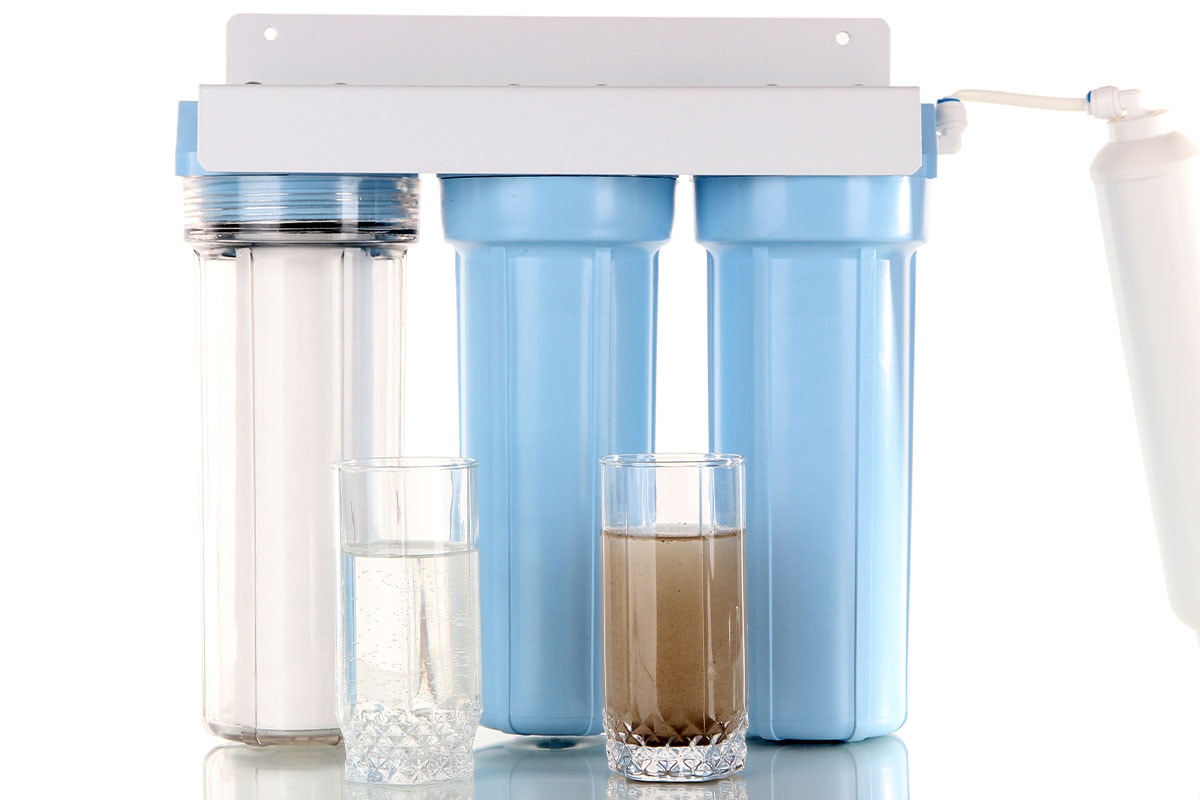Reverse osmosis is a water filtration process that involves moving water molecules through a semi-permeable membrane. It works on the basis of the natural phenomenon of osmosis, but reverses its direction by the force of pressure. As a result, pure water molecules penetrate the membrane, while larger molecules such as salts, bacteria, viruses and chemical contaminants are retained.
Reverse osmosis systems are usually mounted under the sink in the kitchen and supply water to one tap. They are not designed to treat all the water in your home, but they are excellent for providing very clean water for drinking and cooking.
Water softening - process and advantages
Water softening, on the other hand, removes hardness-causing minerals such as calcium and magnesium through an ion exchange process. Water softeners are usually installed at the water inlet of the house, which means that they soften all the water that comes into the house. Softened water has many advantages, such as improving the efficiency of household appliances, reducing the amount of scale deposits on dishes and fittings, and improving the quality of water for washing and washing.
Reverse osmosis or water softener - which solution is better?
The choice between reverse osmosis and a water softener depends on your specific needs. When it comes to providing very clean water for drinking and cooking, a reverse osmosis system can be an excellent solution. It ensures the highest water quality, eliminating almost all impurities.
However, if the goal is to soften water for use throughout the home, a water softener is a more appropriate solution. Reverse osmosis is not designed to handle that much water, and the process does not remove hardness minerals as effectively as a softener.
Cooperation of water softener with reverse osmosis
Depending on individual needs, both technologies can be used together for optimal water quality. In this setting, the water softener would provide soft water for use throughout the home, while the reverse osmosis system would provide ultra-pure water for drinking and cooking.
In conclusion, while reverse osmosis can be useful for those who do not have the option to install a water softener, a central water softener remains the optimal solution for treating all the water in your home.



